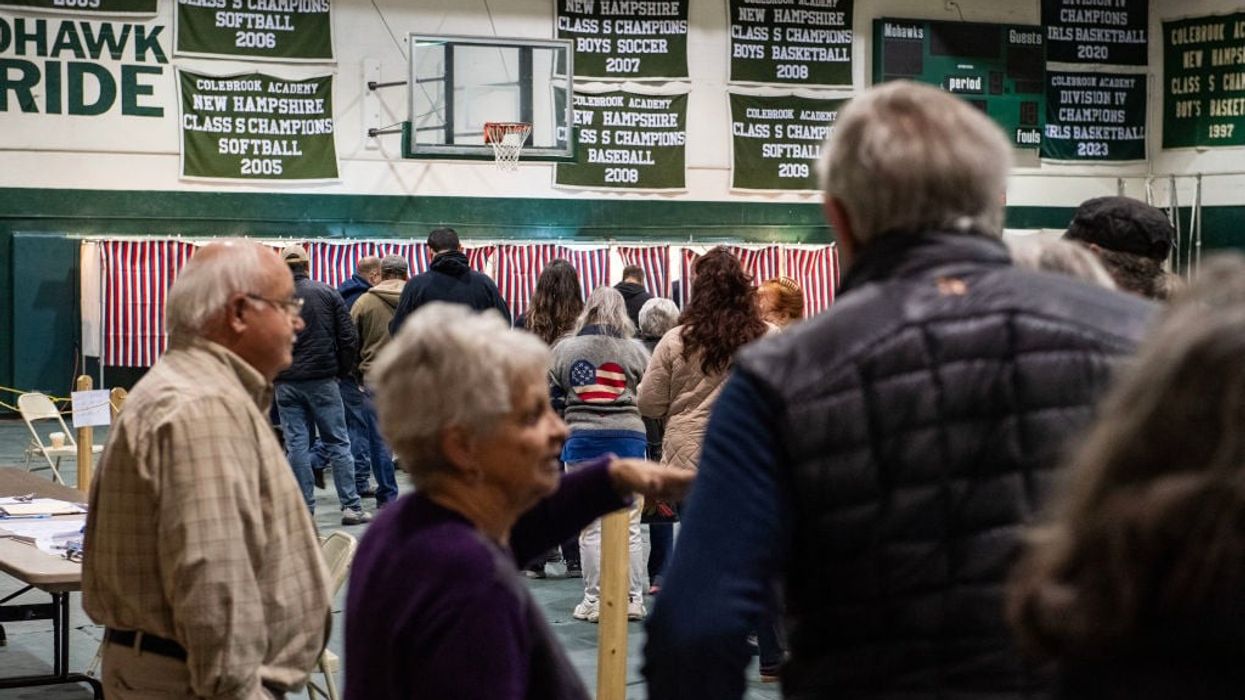OVER three dozen Indian Americans are running for local bodies and state legislation elections across the country reflecting the growing interest among the small ethnic community to be part of political mainstream.
“If you are not at the table, you are on the menu,” Indian American Congressman Raja Krishnamoorthi comments at various Indian American gatherings motivating and encouraging community members to run for elections at all levels.
Probably the largest number of Indian Americans running for local offices are in California, which sends two members to the House of Representatives – Ro Khanna and Dr Ami Bera – in addition to vice president Kamala Harris whose mother was from India.
Those include Adlah Chisti who is running for county supervisor for District 11, Aliya Chisti for city college board San Francisco, Darshana Patel for state assembly, Nicole Fernandez for San Mateo city council, Nithya Raman for Los Angeles city council, Richa Awasthi for Foster city council and Sukhdeep Kaur for Emeryville city council.
Tara Sreekrishnan is seeking to enter California’s state assembly from District 26 in Silicon Valley.
With close to 900,000 Indian Americans residents, California boasts the largest Indian American population in the entire country. Michigan is a presidential battleground, with elections decided by merely 10,000 votes.
Dr Ajay Raman, is running for Oakland county commissioner for District 14; while Anil Kumar and Ranjeev Puri are running for the Michigan state house.
Indian Americans are a crucial part of Arizona’s growth and diversity. Priya Sundareshan is running for the state senate in Arizona and Ravi Shah is running for School Board. In Pennsylvania, Anand Patek, Anna Thomas, and Arvind Venkat are running for state house, while Nikil Saval is seeking to enter the state senate.
In Illinois, Anusha Thotakura is running for school board and Nabeel Syed for state house.
If elected Ashwin Ramaswamy would be the youngest ever elected to the Georgia state senate. Of late he has been subject to racial and hate attacks by his opponents.
In Ohio, Chantel Raghu is running for county commissioner and Pavan Parikh for county clerk of courts, while in Virginia Danny Avula is running for mayor of Richmond.
In New York, Jeremy Cooney and Manita Sanghvi are running for state senate while Zohran Mamdani is seeking to enter the state assembly.
Indian Americans running for local offices in Texas are Ashika Ganguly for city council, Karthik Soora (state senate), Nabil Shike (county constable), Ramesh Premkumar (city council), Ravi Sandill (judge), Salman Bhojani (state house), Shekhar Sinha (state house), Sherine Thomas (judge), Suleman Lalani (state house) and Sumbel Zeb as county appraisals court.
Manka Dhingra is running for attorney general of Washington state while Mona Das is running for commissioner of public lands.
(PTI)





